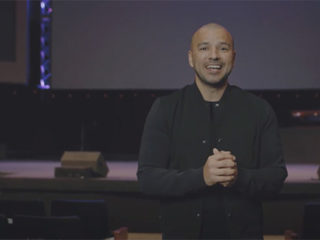Fellowship
Fellowship
Fellowship
Finding Unity in Diversity
Fellowship
Announcing The Align Groups Conference
Fellowship
4 Ways to Engage and Reengage With Your Group This Summer
Fellowship
9 Steps to Being a Great Group Member
Fellowship
Restarting Groups (and Lawnmowers)
Fellowship
Leading My Group Through Seasons of Grief
Fellowship
Leading My Group Through Seasons of Fear and Anxiety
Fellowship












